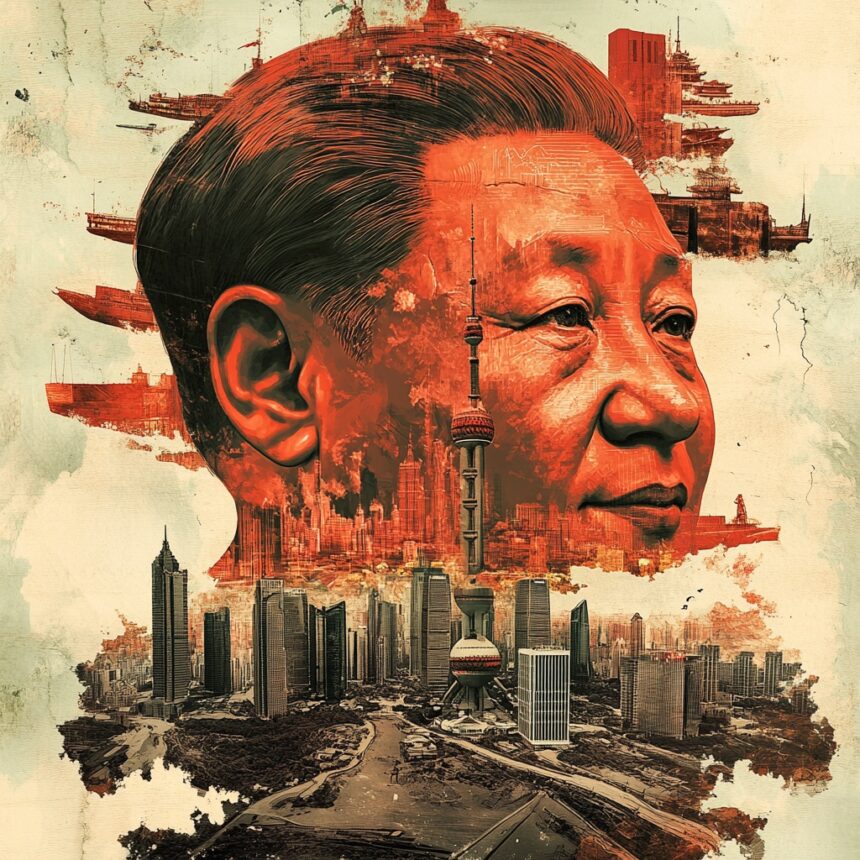China announced on Saturday that it will impose retaliatory tariffs on certain Canadian agricultural and food imports, following Canada’s imposition of duties in October on electric vehicles and steel and aluminum products manufactured in China.
According to a statement from the Customs Tariff Commission of the State Council, these new tariffs will take effect on March 20. Specifically, a 100 percent tariff will be levied on Canadian rapeseed oil, oil cakes, and peas, while an additional 25 percent tariff will be applied to pork and aquatic products.
These tariffs contribute to the already heightened global trade tensions, which have been exacerbated by a series of tariff announcements from the United States, China, Canada, and Mexico.
The imposition of these duties is a direct response to Canada’s tariffs on Chinese imports enacted in October, which included a 100 percent surtax on all Chinese-made electric vehicles and a 25 percent tariff on steel and aluminum imports.
Despite China’s consistent objections and calls for restraint, Canada has proceeded with unilateral restrictions on electric vehicles, steel, aluminum, and other products imported from China without conducting investigations, thereby undermining the economic and trade relations between China and Canada, as stated by the customs authorities.
The decision to implement retaliatory tariffs follows an anti-discrimination investigation that revealed Canada’s restrictive measures against certain Chinese products have disrupted normal trade practices and adversely affected the legitimate rights and interests of Chinese enterprises.
Canada had previously announced tariffs on Chinese goods last August, in response to similar duties imposed by the United States and the European Union on Chinese-made electric vehicles and other products. Western governments argue that China’s subsidies provide its industry with an unfair competitive advantage.






